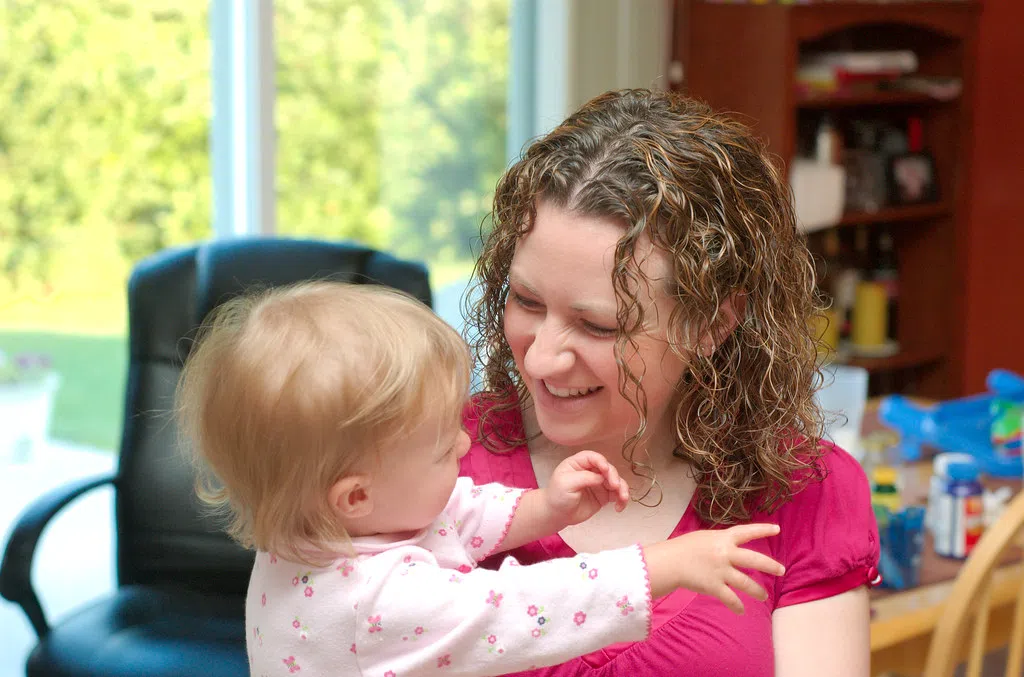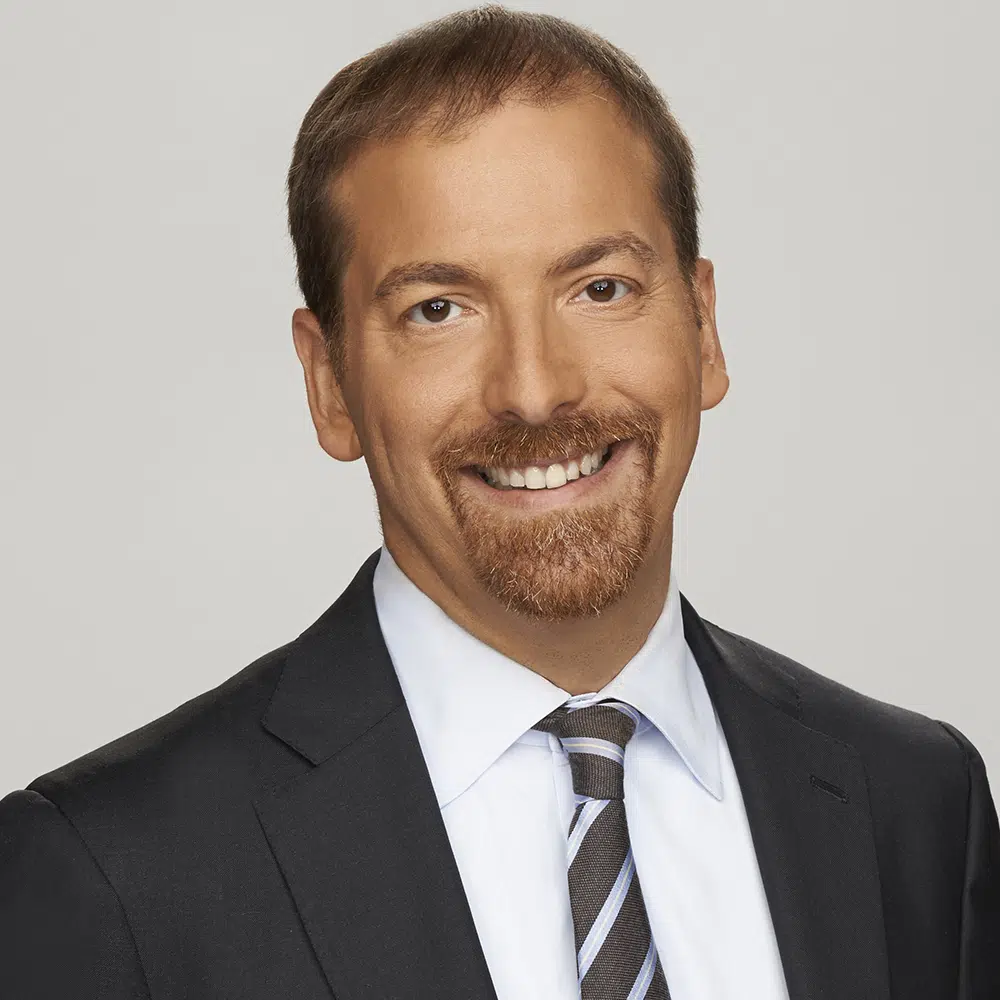DULUTH, Minn. (Minnesota News Connection) – Some 45 day care centers in Minnesota temporarily closed their doors early this week to highlight the ongoing child care crisis. Advocates said the patchwork of support is not doing much to help families struggling with cost and access.
Dozens of centers took part in the “Day Without Child Care” events, with some halting services Monday and others today.
Justine Olson, a health care worker in the Duluth area, said securing care for her 7-month-old son has been a struggle. Her site is one that briefly closed and she hopes people realize how much of a problem it is for working households.
“I can only dole out so many thousands (of dollars) each month, and child care is obviously one of those thousands,” Olson pointed out. “It’s kind of a Catch 22 right now. You want to go to work, but also, you can’t bring your kid to work.”
Responding to the crisis is seen as a bipartisan issue and states like Minnesota have invested funding to help close gaps. But advocates said concerns like low wages for child care workers continue to keep the service out of reach. Federal funding freezes under the Trump administration have further complicated the issue, as parents and centers monitor the fate of subsidies.
The coalition behind the Minnesota events acknowledged the state Legislature is looking to hold the line on spending this session.
Lydia Boerboom, lead organizer for the Kids Count on Us coalition, said it cannot be just about avoiding budget cuts but rather, finding some room to boost aid, so a vital resource does not collapse.
“Child care is not just something that is nice to have,” Boerboom asserted. “It’s actually a really critical service and need for all of our families, our economy.”
She added at least six child care centers in Minnesota were forced to close in the past year.
Even with the challenge getting more attention in recent years, Olson feels the strain the child care sector is under still is not “top-of-mind” among policymakers or the public.
“I think it should be viewed more as a service to our country,” Olson suggested. “Kind of like the Postal Service or the police force. They’re not really expected to make money, they’re expected to make our society functional.”





Comments